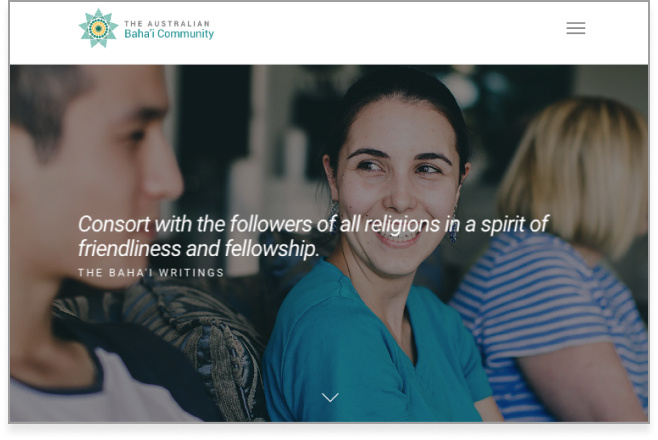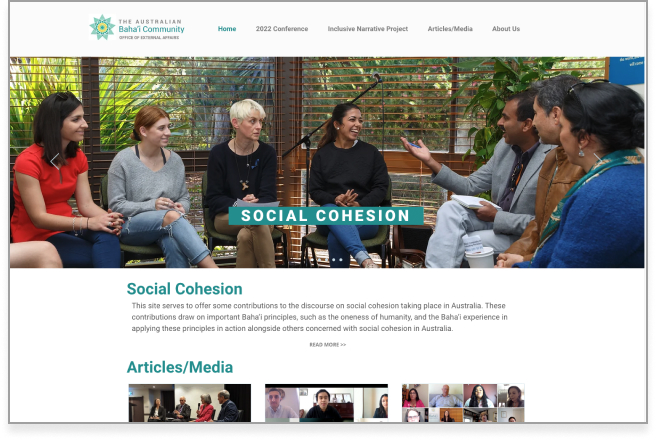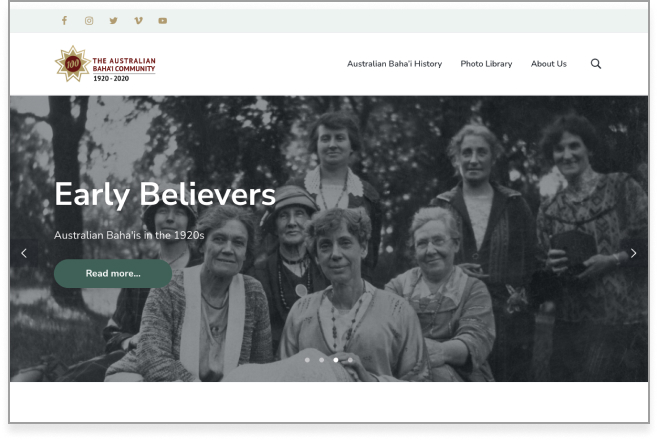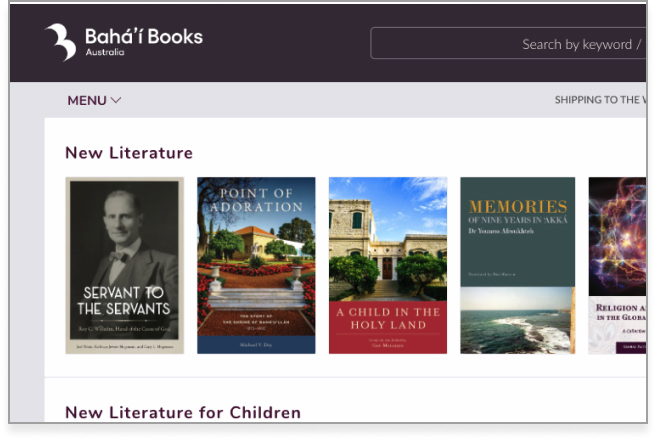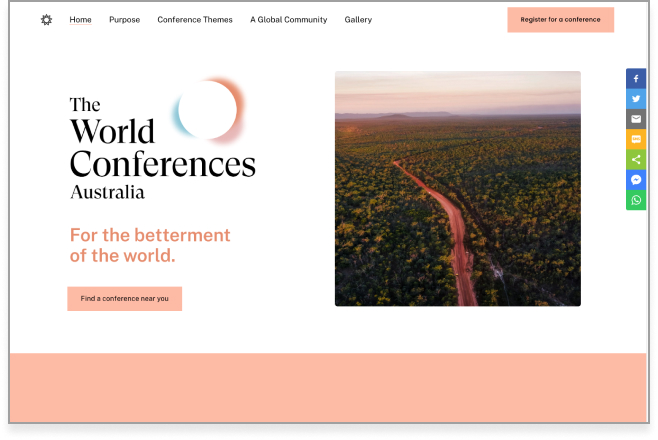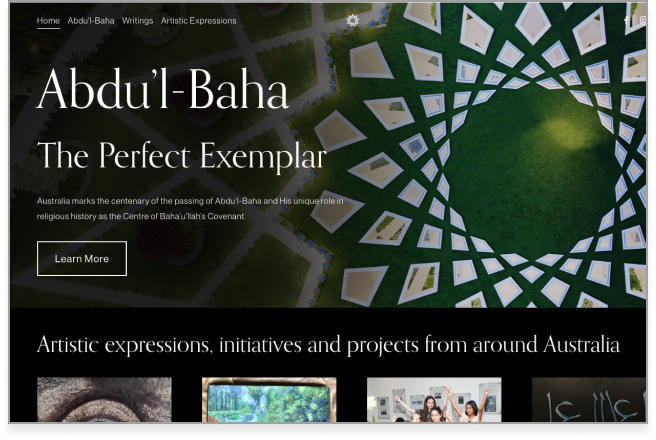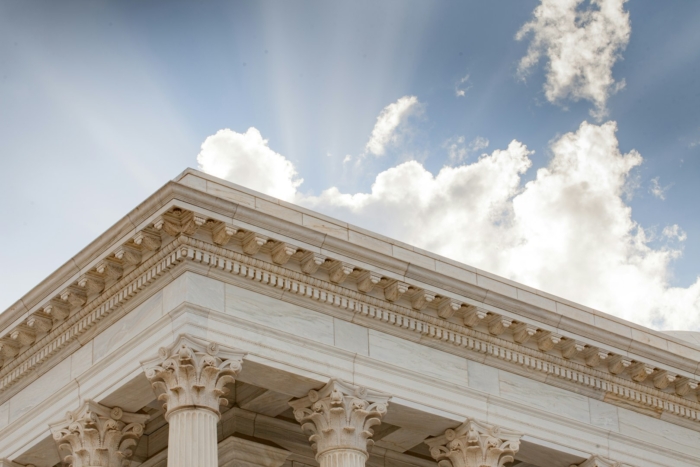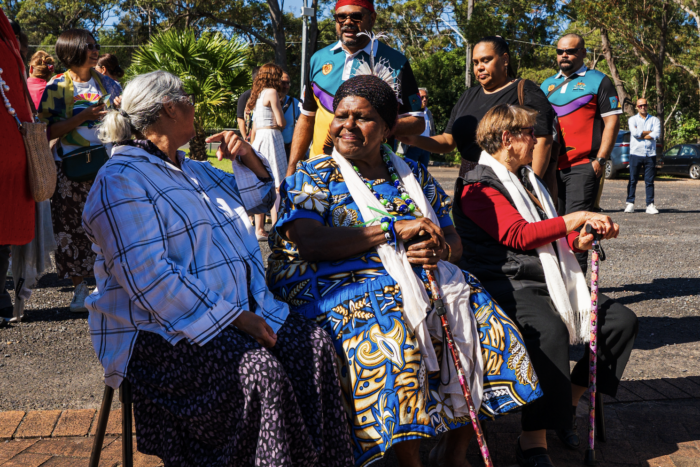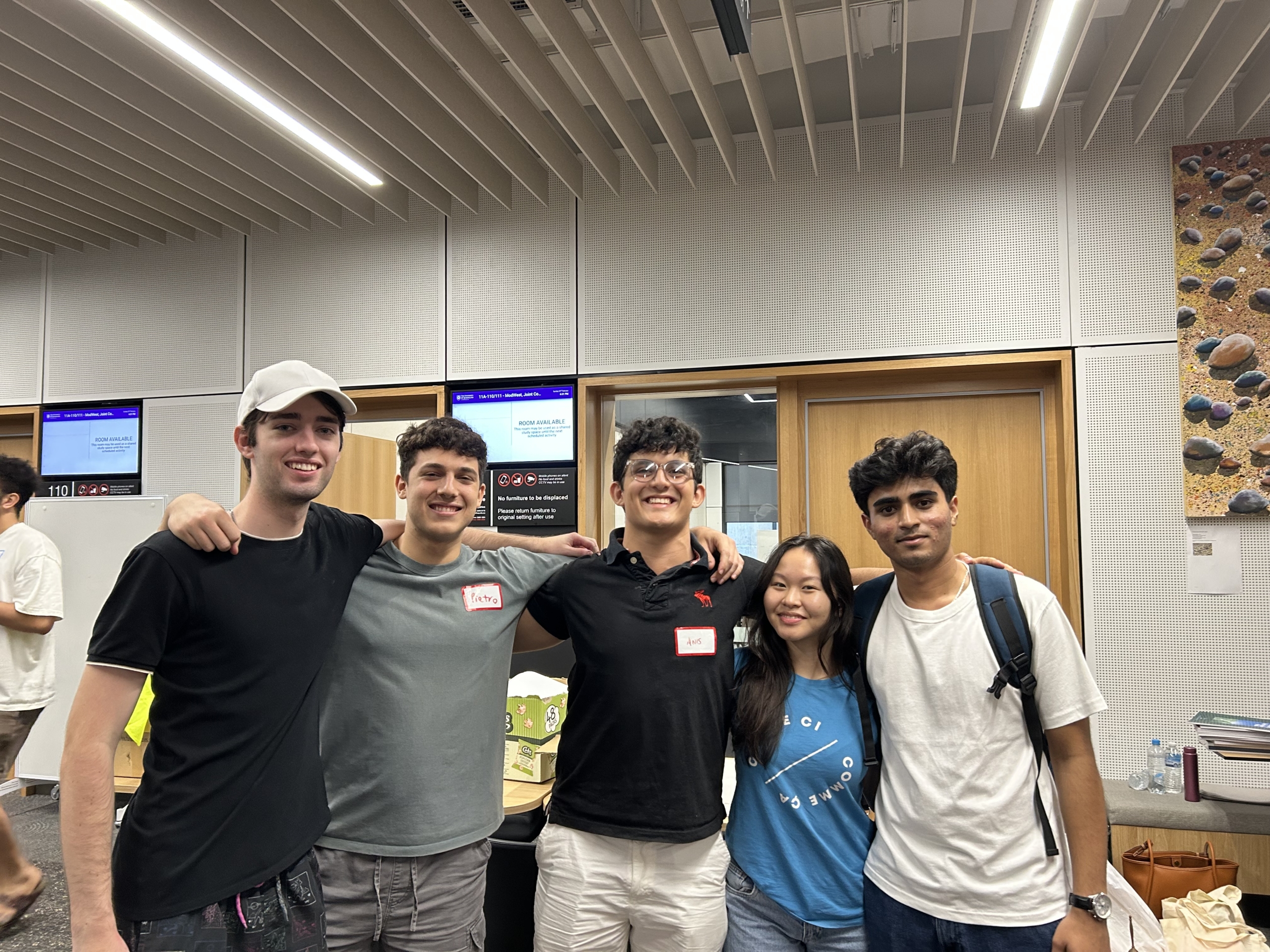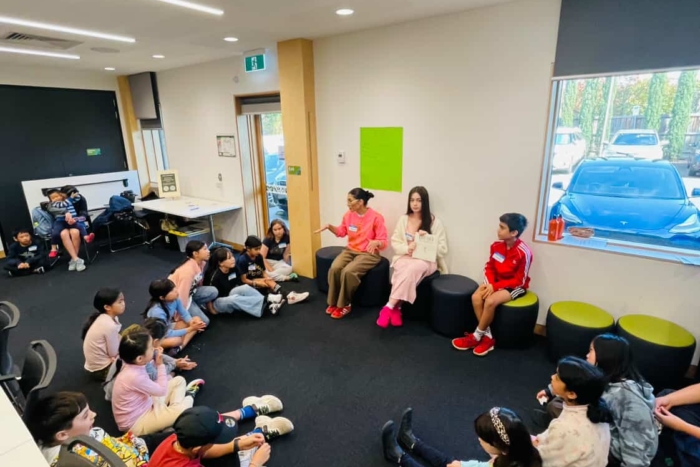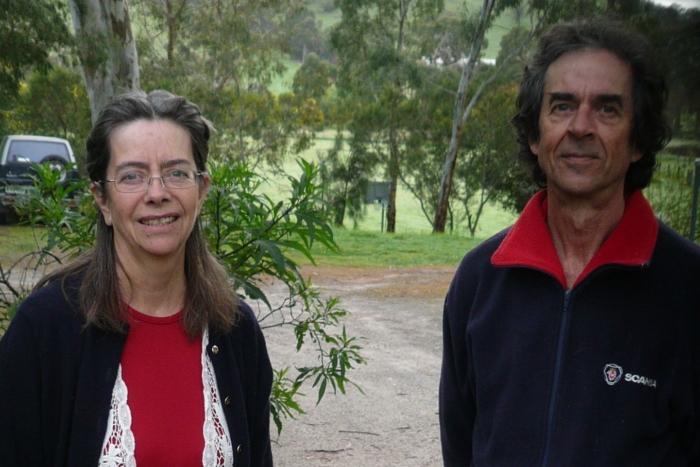Originally published in the Australian Baha’i magazine in June 2021
Addressing gender-based violence: a Baha’i perspective
In recent months, tens of thousands of women and men have rallied to express the urgent need for appropriate responses to sexual violence and discrimination in the uppermost echelons of society. March 4 Justice, held in towns and cities across Australia, has been described as the “biggest uprising of women that Australia’s seen”.
Many participants wore black as an expression of collective grief and brought attention to the long list of names of women killed in acts of gender violence in the past decade, as well as to sexism, misogyny, dangerous workplace cultures, and lack of equality in politics and the community at large.
The intensification of the discourse in Australian society about the ongoing serious daily violation of girls and women — with the volatility, challenge, and disruption associated therewith — has been regarded as a potential tipping point for our country, a springboard for real and lasting change.
These workings of the Major Plan of God “hastening the disintegration of the old order as the new one unfolds” (Universal House of Justice, 12 November 2001) inevitably increase opportunity for advances in the Minor Plan, which “He has given us to execute, as our part in His grand design for the redemption of mankind”1.
“It is to this work,” the Supreme Body advises, “that we must devote all our energies, for there is no one else to do it”2.
How then can we equip ourselves to seize the opportunities for sharing the pearls of wisdom enshrined in the Revelation of Baha’u’llah that are created by the current heightened consciousness of the oppression of women; this phenomenon that “retards not only the advancement of women but the progress of civilization itself,” this “affront to human dignity” which “promotes destructive attitudes and habits in men and women”3.
What might a Baha’i analysis of this problem emphasise? What action might this analysis support? How do we understand the foundations or the “causes” of gender-based violence? Why do Australian men perpetrate sexual and physical violence against women to such a degree that one-third of Australian women have been victims of this scourge? Why do men in Australia kill their partners and ex-partners at a rate of one per week?
Concepts central to the issue at hand include the nature and potential of men, of women, (that is of human beings) and the concept of power. Baha’u’llah’s Revelation reconceptualizes and enhances understanding of all of these.
Historically, power has often been explicitly or implicitly understood to mean every opportunity/possibility existing within a social relationship, which permits one to carry out one’s own will, even against resistance, and regardless of the basis on which this opportunity rests4.
An analysis of power more informed by the Revelation of Baha’u’llah, however, recognizes the limitation of this understanding of power.
Instead, we are reminded of “the power of unity, of love, of humble service, of pure deeds” and the words associated with power in this sense such as “release,” “encourage,” “channel,” “guide,” and “enable”.
That is, power “is not a finite entity which is to be ‘seized’ and ‘jealously guarded’; it constitutes a limitless capacity to transform that resides in the human race as a body”5.
This transforms our understanding of both the problem and the path toward solutions.
Also important to our analysis is the question of what is a human being? What is human nature? What is human potential, individually and collectively?
If we believe human beings, or even just male humans, are inherently and incorrigibly selfish, greedy, aggressive, and violent, we can only hope to create a society where these tendencies are managed and their risks mitigated.
The language and responses of our society to gender-based violence reflect an assumption of the truth of this perspective and the disempowerment to which it leads. We focus almost entirely on the victims of this aggression.
This can take diverse forms including that of blaming the victim, establishing extensive services for victims, and highlighting the victim in our language (“violence against women”) rather than consistently acknowledging that the perpetrator of any crime is the person responsible, establishing extensive services to work with boys and men who perpetrate violence, highlighting the perpetrator in our language (“men’s violence against women”).
Baha’u’llah teaches us that men are “mines rich in gems of inestimable value”, created rich, noble, out of the essence of knowledge, out of the clay of love. Men are His light, His glory, and into them He has breathed a breath of His own Spirit.
How then, does a child born into this world as a mine rich in gems, made from the clay of love, bearing the light, glory and spirit of God, grow up to use personal and collective power to abuse, harass, assault, rape, beat, murder other human beings of the same nobility and dignity? And, importantly, how do we change the story?
Baha’u’llah states that “whatsoever serveth to reduce blindness and to increase vision is worthy of consideration.” There are many simultaneous processes unfolding beyond the Baha’i community that are supporting society’s capacity to see more clearly, to think in new and better ways.
These can include changes to law; introduction of quotas; challenges to the assumptions that support patriarchal structures and priorities; discourses questioning rigid definitions of gender; calling the government and powerful organisations within society to account; and so on. These have their place and there is no need to falsely dichotomise or to pit one contribution against another.
There is a process, however, that uniquely addresses the problem at its very root and that is advanced solely through the efforts of those who recognise the power in the Teachings of Baha’u’llah to effect personal and collective transformation.
That is the process of spiritual education unfolding within the framework of the Divine Plan. This process is making a clear and direct contribution to the raising of a new human race.
It develops the qualities, attitudes, capabilities and skills that contribute to the well-being of the community, inspired by the vision of a new world civilisation embodying in all its structures and processes the fundamental principle of the unity of the human race.
It is raising a generation with a transformed and empowering understanding of power itself and with a liberated view of the nature of human beings.
So we engage with the programme for children’s education, the Junior Youth Spiritual Empowerment Programme and the courses and practices of the Ruhí Institute by serving as a teacher, animator or tutor; by participation or fostering the participation of our children, families, neighbours and colleagues in the classes, groups or study circles; by provision of logistical support; by development of resources and in a multitude of other ways.
And each time we engage we are participating in a process that makes a valuable contribution to the elimination of the violence committed against girls and women by individual boys and men and by the patriarchal structures and institutions of our society.
In its letter of 25 November 2020 to each of us, the beloved infallible body and unerring source of all good, the Universal House of Justice, advised that this year is a year for “profound reflection on the life of ‘Abdu’l-Baha and the strength of the Covenant of which He was the Centre”.
This call is directly related to the issue at hand. Consider each of the educational imperatives of the Divine Plan — whether the participants be the youngest members of our community and most precious treasures the community possesses; those transitioning from childhood to adolescence known as junior youth; youth in the heyday of their lives; adults; or elders.
The heart and purpose of all these imperatives is to support us individually and collectively to look at ‘Abdu’l-Baha, to follow ‘Abdu’l-Baha and to be as He is.
So we arise to respond to the broader community rightly demanding change within and among the three protagonists of society; we arise to respond to the call of the Universal House of Justice to profoundly reflect on the life of the Beloved Master and we engage with the institute process so essential to the unfoldment of the Divine Plan, And as we do so, we draw added strength from the coherence that can characterise our individual actions and our collective action across time and space.
Thanks for reading.
Subscribe
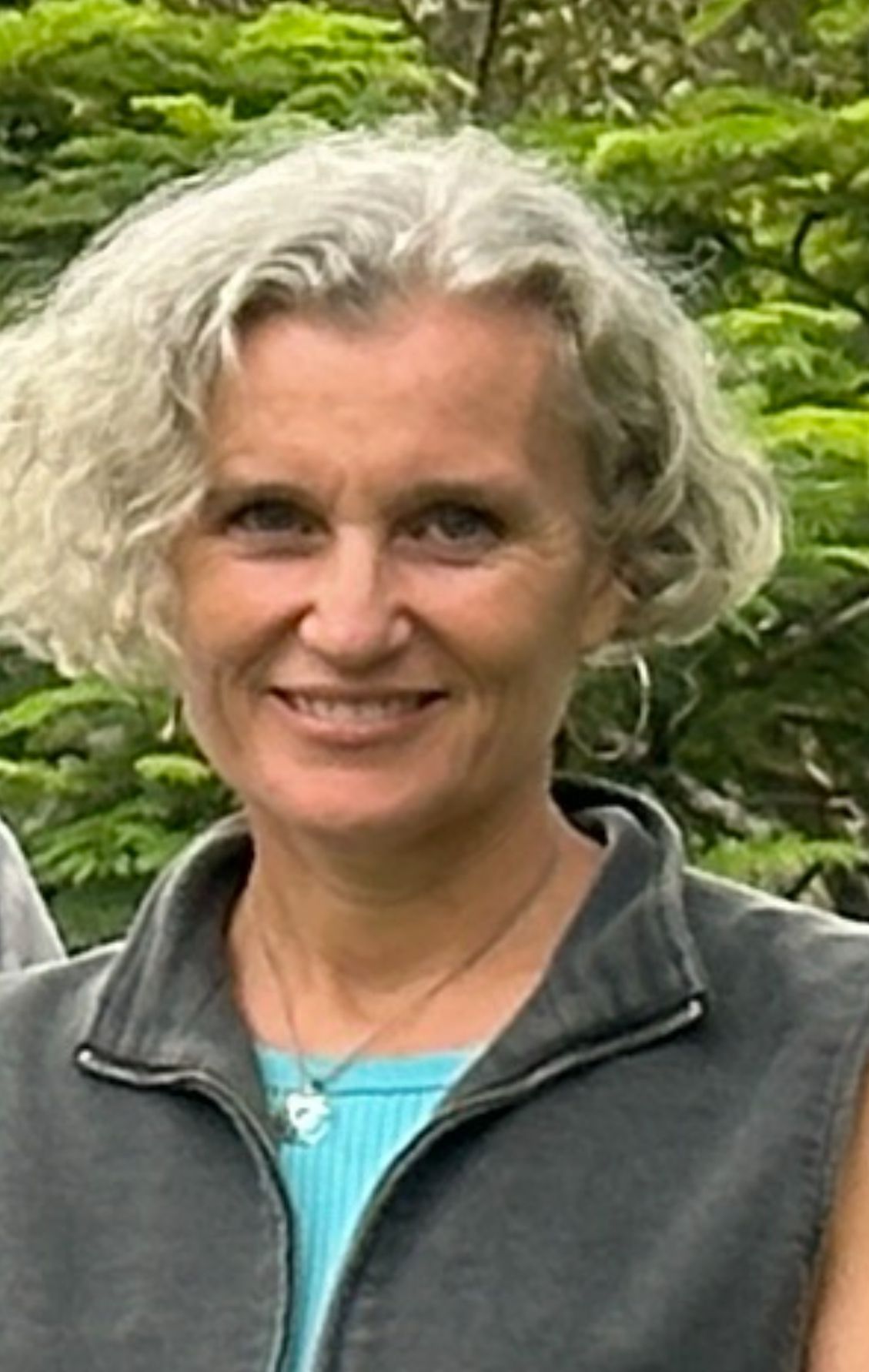
Melanie Lotfali
Dr Melanie Lotfali is passionately committed to peaceful yet revolutionary social change. With qualifications in psychology, education, writing and sociology and informed by the framework of the Baha’i Teachings, she has spent the past 25 years working in diverse fields of social change in Israel, Siberia, Canada, Australia and East Timor.
Published in February, 2024, in Individual Initiatives > Essays
Available online at: horizons.bahai.org.au/individual-initiatives/addressing-gender-based-violence-a-bahai-perspective/
Related Stories
Confidence placed in young people’s ability to soar: A personal vignette
A youth from the Baha’i community of Brisbane has witnessed firsthand the level of trust and confidence placed in young people to contribute to the betterment of the world following a year of ...
‘I saw this Faith’: The story of Margaret Gabey
In this interview for Australian Baha’i Horizons, Dellaram Vreeland speaks to one of the longest-standing Baha’is on Thursday Island, Margaret Gabey, who shares her journey of Faith, and her ...
‘You have to start somewhere’: Making connections wherever you are
In this personal reflection, Leonie Oldmeadow shares how her small Baha’i community in the Bass Coast, Victoria, is striving to advance within the framework of the Nine Year Plan albeit the ...
‘No reason to shy away’: A young person’s reflection on inviting friends to community-building activities
In this personal reflection, 18-year-old Anis Mihrshahi shares his story about how he overcame his own fears and inhibitions to invite his friends to the Faith’s community-building ...
Melding creativity with the spirit: How the sharing of individual talents can build stronger communities
Families in Boroondara, Melbourne have witnessed how spaces infused with creativity, kindness and connection can nurture a true spirit of community particularly when individuals harness and share ...
‘Such home visits surely unite us’: The power of visiting isolated friends
In this personal reflection, Darryl and Annemieke Braund reflect on their previous travels throughout New South Wales, and how important it is to home visit friends living in rural and remote ...


